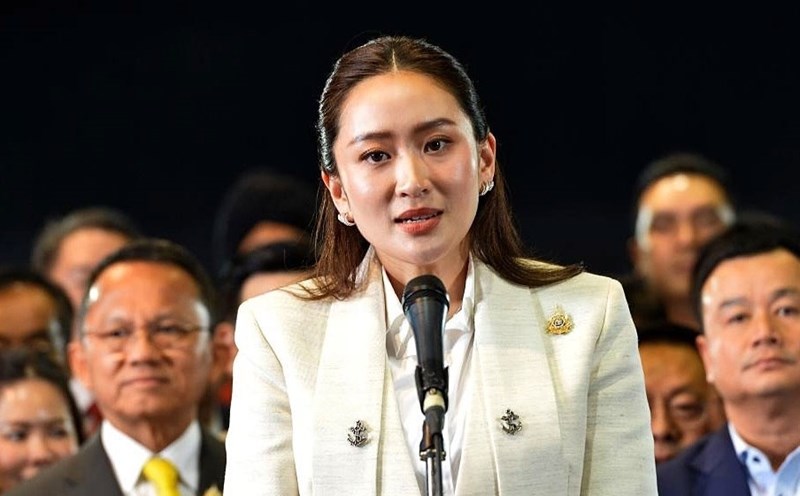The South Korean National Assembly approved an amendment to the rules for the management of martial law on July 3. The new rules include banning all efforts to obstruct lawmakers from entering the National Assembly, and banning military and police from entering the National Assembly without the approval of the National Assembly Chairman.
The amendment to martial law in South Korea comes after former President Yoon Suk Yeol declared martial law last December, plunging the country into a political crisis.
As military forces gathered in front of the South Korean National Assembly during martial law declared on December 3, 2024, South Korean lawmakers had to climb walls inside to vote against Mr. Yoon Suk Yeol's martial law.
The martial law crisis has rocked South Korea. Several senior officials in Yoon Suk Yeol's government have been dismissed and detained for their involvement in declaring martial law. Mr. Yoon Suk Yeol was also impeached and dismissed, and is currently being tried for rebellion.
Many months of political instability have caused the ruling People's Power Party of Mr. Yoon Suk Yeol to fall into chaos. In the early election in June this year, Mr. Lee Jae Myung of the opposition won and became the next president of South Korea.
South Korean politics are still deeply divided. The vote in the South Korean National Assembly on July 3 to approve the appointment of Prime Minister Lee Jae Myung was boycotted by the People's Power Party, now the main opposition party.











